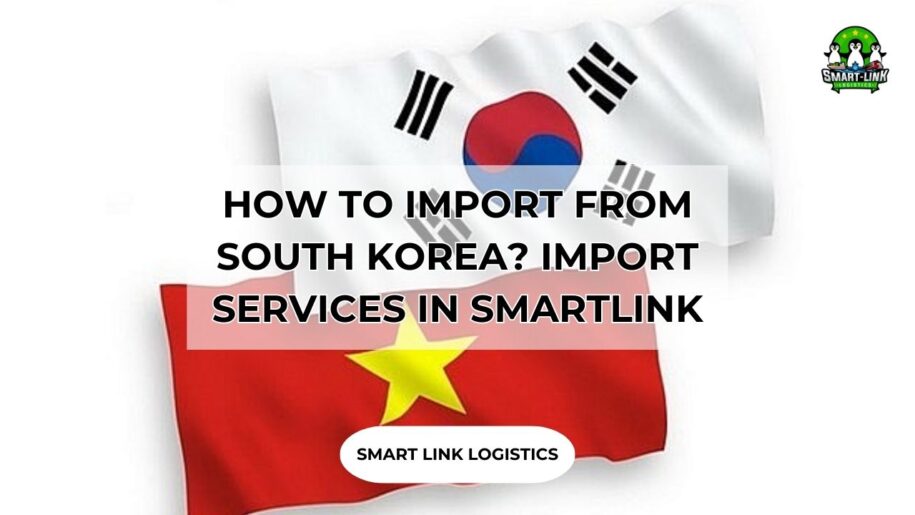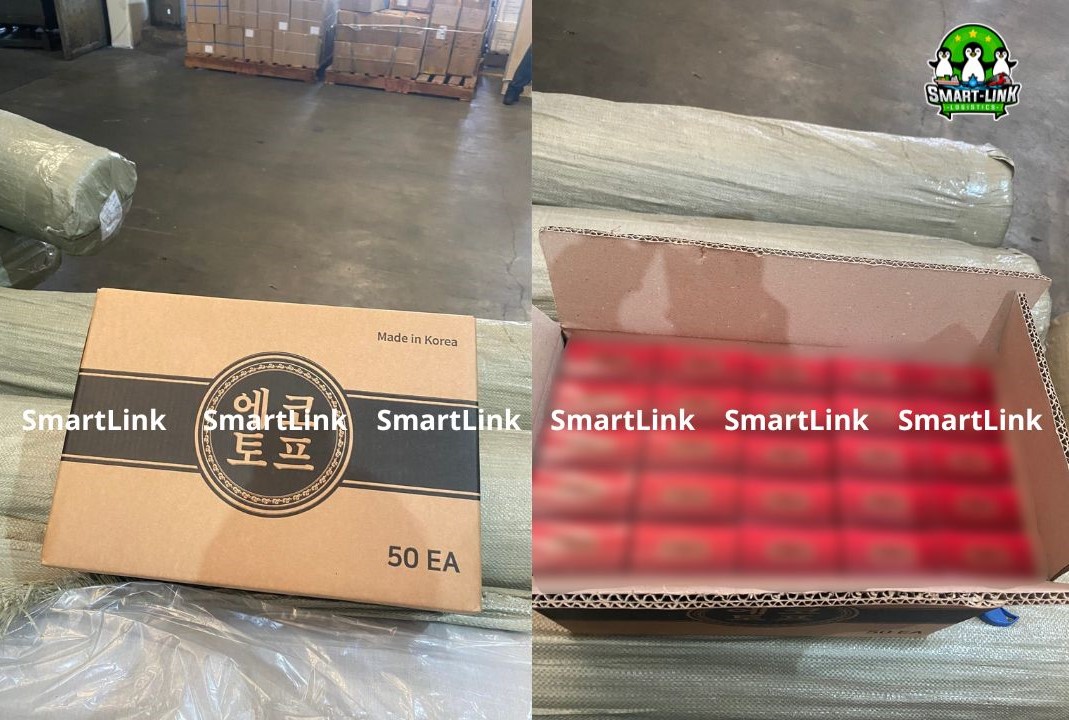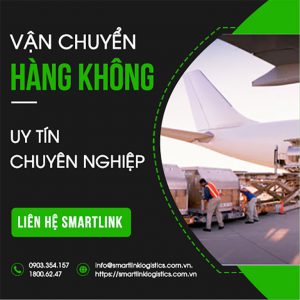
HOW TO IMPORT FROM SOUTH KOREA? IMPORT SERVICES IN SMARTLINK
When importing from South Korea, businesses often face challenges such as finding reliable suppliers and understanding South Korean export regulations. Given South Korea’s reputation as a global manufacturing leader, the potential for business growth is significant. These challenges can be mitigated with the assistance of an experienced freight forwarder. Let’s find out about the process of import from South Korea!
1. Setting up and understanding the import from South Korea strategy
Starting an import venture from South Korea involves understanding the key participants to ensure a smooth process:
- Buyer/Importer: This is you, aiming to import goods from South Korea to grow your business.
- South Korean seller or factory: These are the entities that produce or supply the goods you wish to import.
- South Korean customs: This agency oversees the export process, ensuring compliance with local laws and regulations.
SmartLink focuses on coordinating the efforts of these participants. Partnering with a reliable freight forwarder simplifies the process, allowing you to focus on identifying business opportunities and driving growth.
2. Understanding the market and how to import to South Korea market
South Korea is a hub of innovation in Asia, excelling in technology, automobile manufacturing, semiconductors, and traditional crafts. Its strategic location and advanced infrastructure make it a prime destination for international trade and investment.

South Korea’s prominence in global trade is supported by free trade agreements, partnerships with major economies, and a strong emphasis on research and development. This framework not only facilitates entry into the Korean market but also provides access to other Asian markets, adhering to international business standards.
3. South Korea’s export regulations and compliance
When importing from South Korea to the United States or Canada, the responsibility of obtaining export licenses and managing export procedures typically lies with the South Korean supplier.
As the importer, your main task is to determine the appropriate Incoterms, which define the responsibilities of each party.
Customs Declaration
Your South Korean partner must provide several key elements in the customs declaration, including:
- Consignor and Consignee: Details of the exporter (seller) in South Korea and the importer (buyer).
- Description of Goods: Detailed information about the items being shipped.
- Value of Goods: The total value used to calculate customs duties and taxes.
- Country of Origin: South Korea, where the goods were produced or assembled.
- Tariff classification: HS codes used to classify products for customs duties.
- Purpose of shipment: The reason for transporting the goods, such as retail, personal use, or samples.
- Shipping details: Information about the mode of transport, including vessel or flight number and port or airport of entry.
Export License (South Korean Supplier)
Exporting from South Korea requires adherence to specific regulations and obtaining necessary licenses and permits:
- Export License: Needed for strategic products or technology. Applications can be completed online on a government website.
- Business License: Verification of a valid business license is necessary before starting any business activities.
After obtaining the required licenses, South Korean exporters must also consider tax implications:
- VAT Refund: Exported goods are zero-rated for VAT, meaning exporters can reclaim input VAT from tax authorities.
- Negotiating Contracts and Incoterms with South Korean Sellers
Negotiating contracts with South Korean sellers using Incoterms is crucial and requires understanding international trade practices and the specifics of the goods being imported.
For example, under the FOB (Free On Board) term, the seller is responsible for the goods until they are loaded onto the ship. Under the EXW (Ex Works) term, the buyer takes responsibility as soon as the goods leave the seller’s premises. The FCA (Free Carrier) term requires the seller to deliver the goods to a carrier chosen by the buyer.
By understanding these terms and setting up clear contracts, you can ensure a smooth import process from South Korea.
This information helps customers understand how to import from South Korea, enabling them to make informed decisions based on their specific needs. Above, we provide detailed information about our international sea freight services. We hope this information is useful to readers. SmartLink, a trusted logistics partner with 13 years of experience, always stands by you.
Hotline: + 84 903 354 157 to know more about our services

If you require assistance with international import and export of goods, please contact our team at Smartlink Logistics. We are available to provide you with professional guidance on our services and the necessary customs procedures.
SMART LINK: BEST SERVICE BEST YOU


































